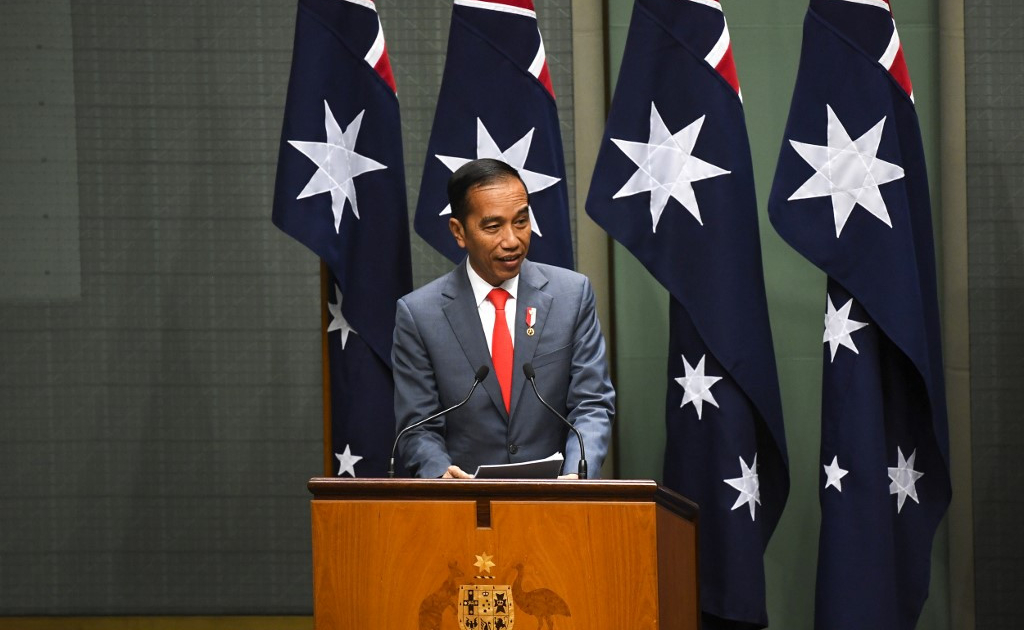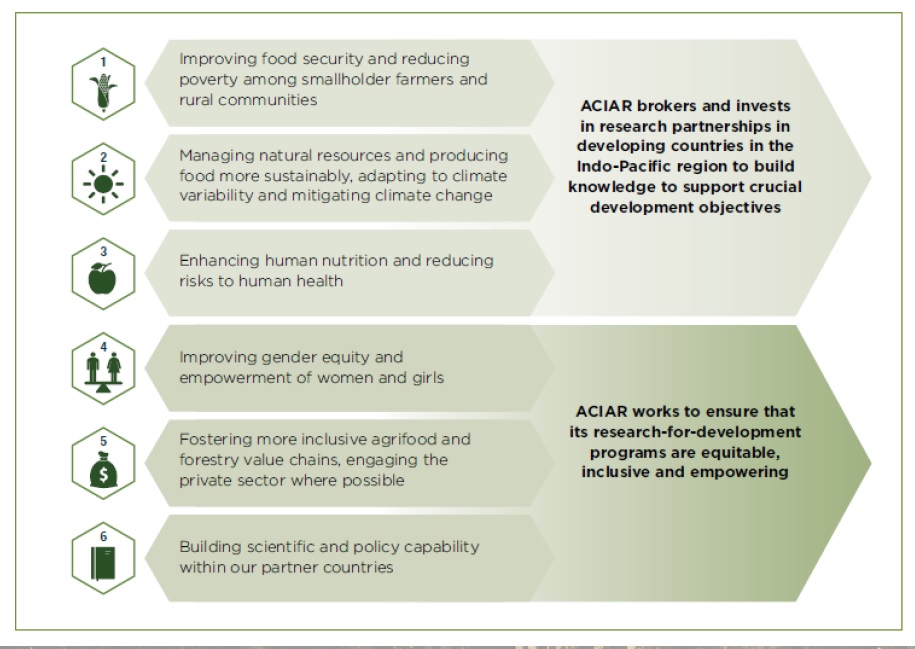
Photo: www.hosiden.com
While overlooking the absolute obvious geographical relationship of Indonesia and Australia, many would surmise there are little to nil similarities between the two countries. This however is this exactly the reason bilateral partnerships are vital in fostering enduring relations and building opportunities for development and collaboration amongst the Indonesian and Australian sectors.

Photo: img.jakpost.net
Climate change and the movement towards sustainability and circular economies has been an agenda item for many years, and with a recent visit in February 2020, President Joko Widowo stating;
“to protect the environment, to achieve sustainable development and reforestation in forest and river upstream areas, to prevent forest and land fires, to commit to lowering carbon emissions and to develop renewable energy and other green technologies.”
The visit solidified the importance of support beyond general aid and brought about innovative ideas of cross collaboration to move towards sustainability. Energy targets were a major concern, with collaborations on carbon emission reductions and investment into renewable energy a core focus in bonding the countries.
In the time between President Widowo’s visit, the sudden impacts of the global Covid-19 pandemic have encouraged both countries to solidify relationships once again, and ensure long term planning for sustainability, food sovereignty and security to ensure fortification from future impacts of a global crisis. Climate Change policies in both Australia and Indonesia where once again in the spotlight at Glasgow’s G20 Summit and COP26 Conference in November 2021, with a joint commitment made to work together towards a future green economy through energy transition for sustainable outcomes. Now the Covid-19 health outcomes understood, and the initial shock of societal restrictions and its impact on economy, Australia can look to invest and develop a similar arrangement that is with Singapore – A Green Economy Agreement.
While the agreement may take some time to develop formally, targeted, and timed outcomes have been developed. Current development assistant programs that focus on sustainability and varied scale circular economy uses to flow out through social impact projects in major urban areas of Indonesia. It is recognized that congested urban areas create voluminous waste products, however there is also a large focus on agricultural production and market mechanisms to ensure widespread sustainability in this sector. The Australian Centre for International Agricultural Research (ACIAR) is the Australian Government’s specialist agricultural research-for-development agency which is leading the way for initiates in Indonesia agricultural zones and has been present for 40 years now.
Australian scientists have been encouraged and supported since the inception of ACIAR in 1982, to partner with countries with similar challenges in agriculture with a focus on agriculture. ACIAR aims to foster, facilitate investment, and manage partnerships with both public and private parties to realize improvements in productivity and sustainability, and further strength food resilience. Specific research is governed by 6 core objectives surrounding sustainability, sovereignty, and security of the sector:

The move towards urgent and widespread sustainability implementation measures on all levels of government and community engagement not only plays a general role on day-to-day functions of Indonesia, but in the case the effects of climate change could lead to the widespread displacement of Indonesia’s population, and disruptions to economic growth and food security in the extremely near future. Indonesia is particularly vulnerable to the effects of climate change with over 17500 islands directly impacted by rising sea levels, equatorial temperatures already at the higher end of human inhabitation and changes in rainfall volume and period of fall having an impact on low lying flood exposed urban areas such as Greater Jakarta. These impacts will cause substantial urban displacements creating a large-scale humanitarian crisis for the closest neighbor- Australia.
Both landmasses hold great responsibility on a global scale for protection of flora and fauna varieties. Australia is second to Indonesia in numbers of endemic species, and while initial waves of extinction throughout the 1800’s-1900’s after documentation was due to agricultural expansion and urban placement, and hunting for consummation, current species extinction has also added climate change as a detrimental factor of survival. While many species cannot cross the Wallace Line, a faunal boundary line drawn by Alfred Wallace that separates biogeographical genetics between Asia and Australia, there are some species that migrate between Borneo, Sulawesi, and Lombok straight. The impacts of Climate change of Indonesia’s populations are predicted to increase extinction of their endemic species radically, and further endanger Australian species through migratory impact. Marine species that use the Banda, Celebes, Timor, Java and Arafura seas to feed, breed or migrate are also under heavy impact of marine debris, increased global water temperatures and exploitive marine fishing. This will only increase with Climate Change.
While tackling Climate Change is a global responsibility, immediate and rapid actions between Australia and Indonesia would promote leadership among the nations. Australia and Indonesia are already viewed as major contributors of technology, sustainable development initiatives and Government policy and initiatives to tackle these imminent future catastrophes, however, there requires stricter mandate to targets and established outcome-based solutions. Both countries require their populations to hold their policy makers accountable while also bringing about household and community-based changes urgently. Both countries can learn from each other on many distinct levels, and many of their levels are overlooked by many in the pursuit of accountability and proof of task. Simple tasks such as sharing of knowledge, social platform movements, volunteering and cross-cultural immersion are a fantastic way of insemination of information and ideas in a natural and altruistic manner. These simple tasks may just be the way in which we can tackle sustainability and reverse the impacts of climate change on a ground roots level.
Jay Elliott
Murdoch University, Bachelor of Agricultural Science
ACICIS 2022 Agricultural Professional Practicum Student
Environment institute Intern




To tell the truth, I think that it is really important for Indonesia and Australia to take maximum advantage of their collaboration because it can benefit to a huge extent and open new prospects for both sides. I really like the fact that this collaboration makes a considerable sense for sustainability because we need to strive for this and take certain actions to achieve sustainability. Of course, tackling Climate Change is a global responsibility, but it is truly cool that Australia and Indonesia can make their own contribution to it and they can lay the foundation for global positive changes, which is really important for our current reality. I think that if they act effectively and take all necessary measures, we will have huge chances to see great progress.